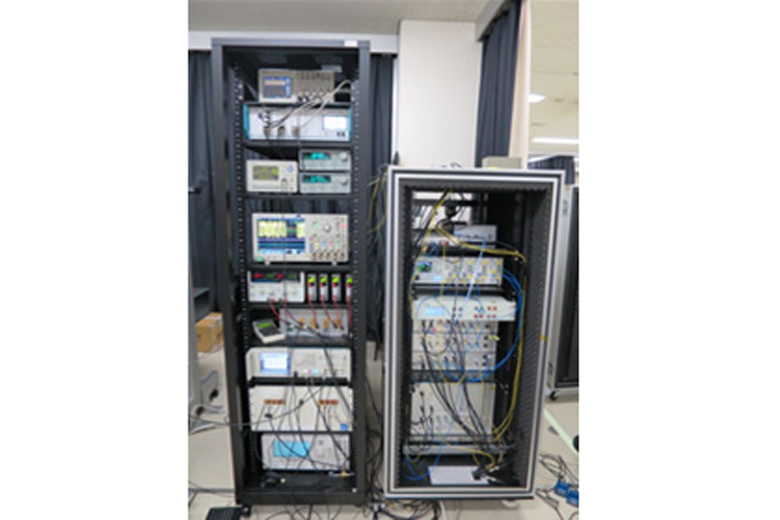Japan unveils first quantum computer as race for faster machines heats up
Sign up now: Get insights on Asia's fast-moving developments

Japan unveils its first quantum computer prototype, which can theoretically make complex calculations 100 times faster than even a conventional supercomputer.
PHOTO: NTT
Follow topic:
TOKYO - Japan has unveiled its first quantum computer prototype, amid a global race to build ever-powerful machines with faster speeds and larger brute force that are key towards realising the full potential of artificial intelligence.
Japan's machine can theoretically make complex calculations 100 times faster than even a conventional supercomputer, but use just 1 kilowatt of power - or about what is required by a large microwave oven - for every 10,000 kilowatts consumed by a supercomputer.
Launched on Monday (Nov 20), the creators - the National Institute of Informatics, telecom giant NTT, and the University of Tokyo - said they are building a cloud system to house their "quantum neural network" (QNN) technology.
In a bid to spur further innovation, this will be made available for free to the public and fellow researchers for trials starting next Monday (Nov 27) at https://qnncloud.com
The creators, who aim to commercialise their system by March 2020, touted the vast potential of their system to help ease massive urban traffic congestion, connect tens of thousands of smartphones to different base stations for optimal use in a crowded area, and even develop innovative new drugs by finding the right combination of chemical compounds.
"We will seek to further improve the prototype so that the quantum computer can tackle problems with near-infinite combinations that are difficult to solve, even by modern computers at high speed," said Stanford University Professor Emeritus Yoshihisa Yamamoto, who is heading the project.
Dr Yamamoto said he believed the model is "the best in the world in terms of performance", adding that he hoped Japan will become a powerhouse in quantum computing.
Monday's launch is Japan's signal of intent in a quantum computing race with other major players including the United States and China. The US devotes US$200 million (S$271 million) yearly for quantum computing research, while China is building a US$10 billion research centre for quantum applications. Japan, meanwhile, has set aside 30 billion yen (S$361 million) for quantum computing over a decade starting April 2018.
Quantum computers differ from conventional supercomputers in that they rely on theoretical particle physics and run on subatomic particles such as electrons in sub-zero temperatures. Most quantum computer machines, for this reason, destabilise easily and are error-prone, thereby limiting their functions.
A conventional computer, which comprises tiny semiconductors, stores information in a binary "0" or "1" format called bits. However, quantum computers create processing units, dubbed "qubits", that can represent both a "0" and a "1" simultaneously.
Japan's prototype taps on a 1km-long optical fibre cable packed with photons, and exploits the properties of light to make super-quick calculations. Its researchers have said that they deemed the prototype ready for public use, after tests show that it was capable of operating stably around the clock at room temperature.
The world's first quantum computer was launched by Canadian venture firm D-Wave Systems in 2011, while Google, IBM and Microsoft are also jostling for a slice of the pie.

